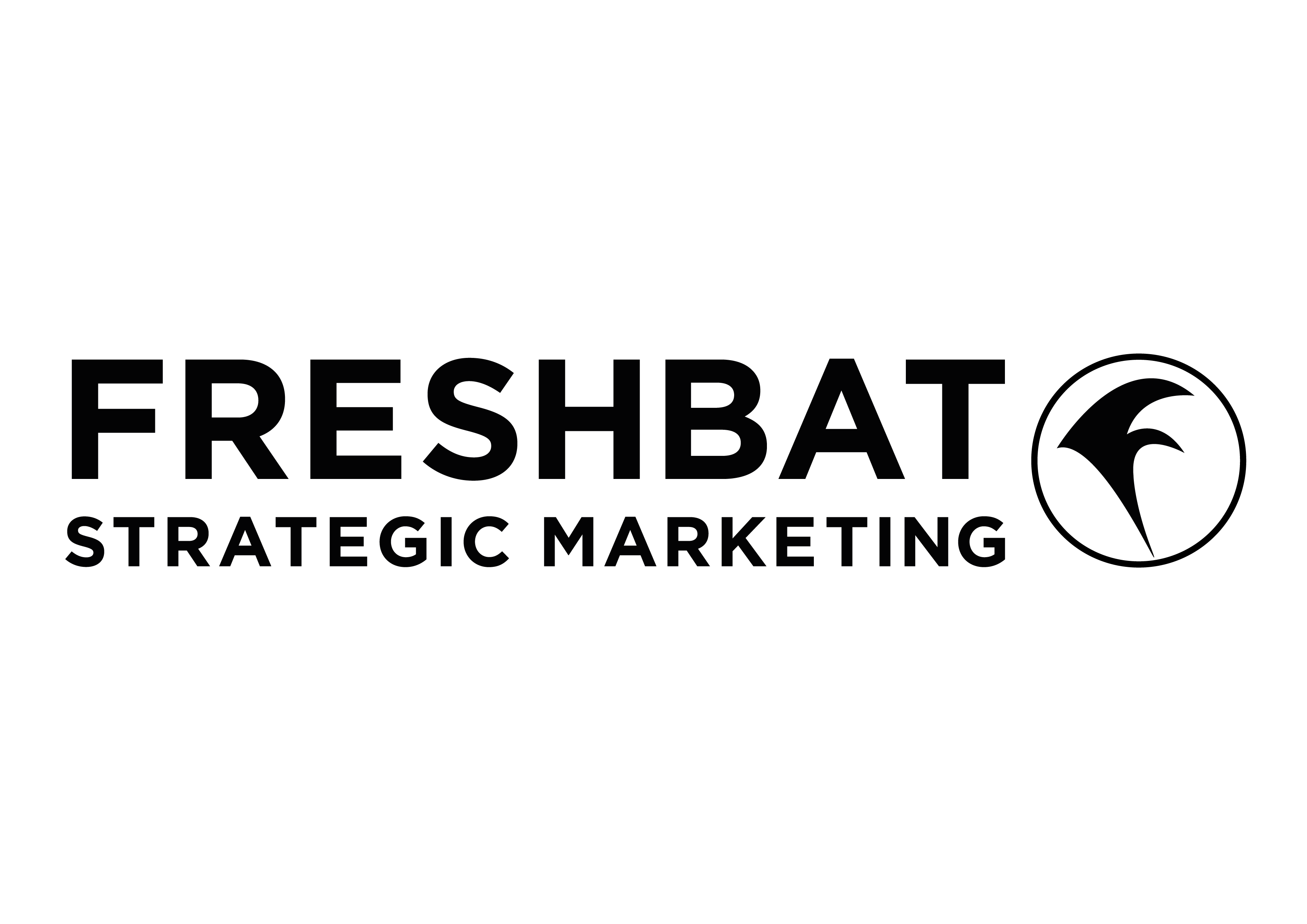What’s the difference between a marketing strategy and a marketing plan? If you think they’re the same, you’re not alone. Many businesses struggle with this distinction, which can lead to misaligned efforts and missed opportunities. Understanding the difference is crucial for any business aiming to achieve their marketing goals effectively.
Let’s clear up the confusion.
What is a marketing strategy?
A marketing strategy is a long- term, high- level approach that outlines how a company will achieve its marketing objectives. It defines the business’s direction and focuses on how to compete successfully in the market.
Key components:
- Target market: The specific group of customers the business aims to reach.
- Value proposition: The unique value the business promises to deliver to its target market.
- Competitive positioning: How the business differentiates itself from competitors in the minds of its target customers.
- Goals and objectives: Long-term outcomes the business aims to achieve (e.g. brand awareness or market share).
Purpose:
The purpose of a marketing strategy is to provide a clear roadmap for achieving long-term business goals. It helps align the company’s efforts and resources towards a common direction, ensuring consistency and focus.
Let’s look at an example; a company may adopt a strategy to become the leading eco- friendly brand in its industry. This strategy would guide all the marketing efforts towards promoting sustainable practices and products to achieve this goal.
So… what’s a marketing plan?
A marketing plan can be defined as a detailed, tactical document that outlines the specific actions the business will take to implement its marketing strategy. It covers the short-term steps and initiatives needed to achieve the strategic goals.
Key components:
- Objectives: Specific, measurable targets to be achieved within a certain timeframe (e.g. increase web traffic by 20% in 6 months).
- Tactics: The specific actions and campaigns to achieve the objectives (e.g. social media marketing or email campaigns).
- Budget: The financial resources allocated for the marketing activities.
- Timelines: Deadlines and schedules for executing the tactics.
- Performance metrics: Key performance indicators (KPIs) to measure the success of the marketing efforts.
Purpose:
The purpose of a marketing plan is to operationalise the marketing strategy. It provides a clear, actionable path for the marketing team to follow, ensuring that strategic goals are translated into concrete actions.
As an example, to support the strategy of becoming the leading eco-friendly brand, the marketing plan might include a series of campaigns promoting sustainable products, partnerships with environmental organisations, and a social media strategy highlighting eco-friendly practices.
Let’s explore the key differences:
1. Scope and focus
Marketing strategy: Broad, long-term and vision-oriented. Focuses on overall direction and competitive positioning.
Marketing plan: Specific, short-term, and action-oriented. Focuses on detailed steps and tactical actions.
2. Timeframe
Marketing strategy: Typically spans several years, providing long-term direction.
Marketing plan: Often covers one year or less, detailing immediate actions and campaigns.
3. Flexibility
Marketing strategy: More rigid and changes less frequently. Provides a stable foundation for decision-making.
Marketing plan: More flexible and can be adjusted as needed based on performance metrics and market conditions.
4. Detail level:
Marketing strategy: High-level and conceptual. Sets the framework for decision-making.
Marketing plan: Detailed and specific. Outlines the exact steps to be taken.
5. Integration and execution:
Marketing strategy: Guides the creation of marketing plans. Ensures all marketing efforts align with the overall business goals.
Marketing Plan: Executes the marketing strategy. Translates strategic goals into actionable tasks.
Conclusion
To summarise, it’s evident that while a marketing strategy provides the overarching vision and direction for a business’s marketing efforts, a marketing plan breaks down that vision into specific, actionable steps. Both are essential for successful marketing, but they serve different purposes and operate at different levels of detail and timeframe. Understanding and effectively utilising both can significantly enhance a business’ ability to achieve its marketing and business objectives. Read more about the outcomes of a marketing strategy.


